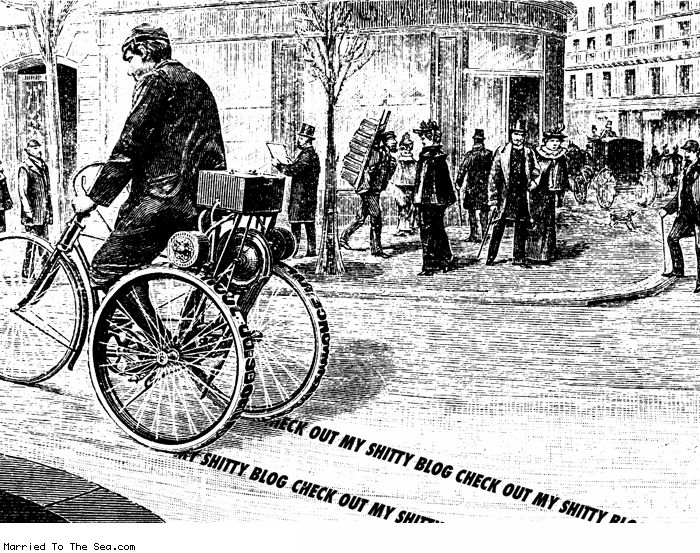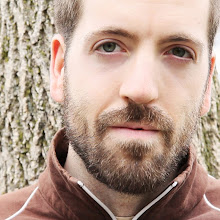 So! As I have mentioned, the treatment I've just finished is looking to be in or at least containing elements of the film noir genre - which is a tricky beast in some ways since there is little consensus on any kind of concrete definition. Many of the films considered the height of noir are missing a few or even most of the stylistic and storytelling tropes which are associated with noir.
So! As I have mentioned, the treatment I've just finished is looking to be in or at least containing elements of the film noir genre - which is a tricky beast in some ways since there is little consensus on any kind of concrete definition. Many of the films considered the height of noir are missing a few or even most of the stylistic and storytelling tropes which are associated with noir.Meanwhile, I find there is always a danger in consciously working within a genre or applying it to a storyline, like a coat of paint. You can run the risk of forgetting to write a good story underneath all them tropes and just end up working your way through a checklist of semiotic signifiers which resonate with your own perception of what the genre is (or worse yet, what you are reading out of a book at the same time).
But as much as genre can be used as a style substitute for substance, it can spruce up what might otherwise be a less interesting story. Used this way, it's basically steak sauce and like sauce you just need to have the sense to know how much augments the meal and how much can drown it. With noir, some of the tropes (like it's use of lighting) aren't the scriptwriters concern unless he is also the director. But the dialogue, the kinds of character motivations and the tone of the story are all laid out by chumps like yours truly before being filtered through the actors, director, art director, set designer, costume designer etc etc.
The temptation to provide thick, lumbering descriptions is amplified with genre too, since the look is so much a part of what defines any genre. I'm not the first person to say this by any stretch, but if you want to read a good noir script (and a good script, period) then you could do worse than to read the one for Chinatown. Even if you're not fussed about reading the whole thing, I'd say you should check out the opening scene with Gittes in his office. This is a good illustration of why the lines of text which go underneath scene headings and wrap around dialogue are referred to as "action" lines in any script editing software you'll get your hands on. Yes the suits, the office, the background music etc all help make a film "noir" but that's not what Robert Towne was called upon to provide - he was there to provide the corruption, the desperation, the secrecy, the sordidness and the paranoia that also help to make a film fall into that category.
Anyways, I'm starting to ramble and Christ knows that there are volumes and volumes of abstract theory about this sort of thing. Me? What do I do?
While reviewing a post-apocalyptic short that I wrote a while ago, making notes to trim it down to a better length for festivals and to get it into a shape I'd feel comfortable trying to film, I started a practice which came in very useful for my work on the noir treatment. Looking through the action lines I'd ask myself first one question and then, sometimes, one other.
First: "Is this something which would be covered by another member of the crew, somewhere down the line?"
If so, then I like to jot down whose job it would be and then I ask myself...
Second: "Given that, how essential is this thing I'm describing to the plot, tone or characters? Basically, does the this line do anything or does it just add to the background?"
And then I'll remove, change or leave the line based on what answer I give myself. The only place I allow a little leeway is within the one scene which I feel sets the tone for the rest of the story (usually, but not always, the first). However, I'm not entirely sure I can defend that habit.
Another good way that I help keep myself from getting overly descriptive is to remind myself that if about one page of script equals about one minute of film and that there is a limit to how long the film can be, then do I want to take up valuable page real estate with more gripping or story a description of a chair?
Put that way, the answer is pretty obvious.
That's enough about genre for now, I'm sure I'll come back to it before I die of old age surrounded by golden idols of yours truly.
Finally, I just thought I'd note an odd experience I had while brainstorming on the treatment. The film noir aspect was first suggested by my collaborator. The burlesque side of things has been on my brain since I've met more than one person involved with the scene since I came to Toronto. So it was, with...would you call it serendipity? Well anyways, so it was with no direct intention that I was stirring around a bunch of plot points in a pot when they lined up to form an almost perfect reproduction of the first short film I ever wrote - Trenchcoats & Corsets. For those few who know of it, I'll just let you chew on that. For those who don't, I have to stress that the odds of this have always felt very astronomical to me. Though I do feel that retelling others stories can have merit, I frown the hell on it when authors of any kind begin to repeat their own work. Ah well, it wasn't on purpose and now I suppose I've gotten an interesting warning.
-------------
Addendum: I rather like this contraption.
Also, if you want some additional proof that the great they sometimes do stumble - it's worth noting that Robert Towne also wrote (and had a role in) The Last Woman On Earth. I've got that sucker on VHS and hooooo boy....

marriedtothesea.com





No comments:
Post a Comment